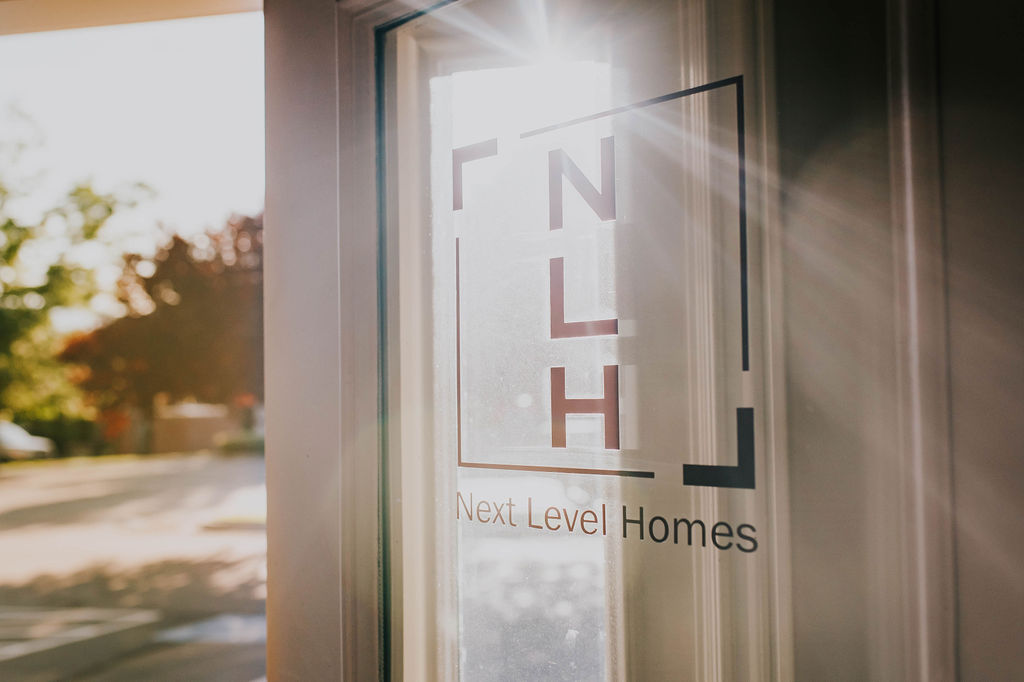What Is a Down Payment?

When it comes to buying a home, a down payment can make a big difference in how much money you pay in interest and other fees. What is a down payment? How much money should you save up for a down payment? And why is it beneficial to have a down payment on a new home?
First things first, a down payment is a percentage of your home’s purchase price you pay before you finalize your home loan. This down payment goes toward the asking price of your home. For example, if you want to purchase a $400,000 home and plan to place a 10 percent down payment, you would subtract $40,000 from $400,000 and be left with $360,000. Your lender would then set up a loan for $360,000 instead of the original $400,000.
Your mortgage lender will need to know how much you plan to pay as a down payment before they lock in a mortgage interest rate and your loan. Doing so will assure you aren’t borrowing more money than you need to, and can potentially help you get a better interest rate on your loan.
A down payment is also useful to help you lower your monthly mortgage payment. The bigger the down payment, the less you owe on your home, and the less you have to pay each month.

A down payment is important when it comes to lenders deciding whether or not to lend you money for the purchase of your home. Most lenders require a down payment before they will consider setting up a mortgage loan with you.
You can think of a down payment as a commitment to your decision to purchase your home. When a lender sees your willingness to place a down payment, they will be more willing to lend you the money you need.
Placing a down payment will also help a lender determine the interest rate on your mortgage. Generally, the bigger the down payment the lower your interest rate. It, again, shows your commitment to the home and to the lender. It also proves your ability to save money and make your payments. By placing a larger down payment, you show your lender you are serious about this purchase and that you are able to afford it. They in turn offer a lower interest rate.
Another benefit a down payment provides to you, specifically, is a lower monthly mortgage payment. With a down payment, you will have already paid for a percentage of the home’s asking price, which means you will have less to pay during the life of your loan. Plus, with the lower interest rate offered by placing a down payment, you’ll pay less in interest, as well.
Is a Down Payment Refundable?
The short answer is, it depends. Much of it depends on local laws and regulations. It is best to check with either your real estate agent or your lender to tell you what those laws and regulations entail before you place a down payment on a home.
There are also many other factors that can determine whether you get your down payment back if the sale falls through. In most cases, if you, the buyer, back out of the sale by your own choice, you will most likely forfeit the down payment.
There are, however, other situations where you can get your down payment back. If the seller decides to take their home off the market after you have placed your down payment, you can get a refund. If there is a serious problem with the home after an inspection is performed, or if you are unable to secure a loan for the home, you may also get your down payment back.
You can also get your down payment refunded if you change your mind within a predetermined time frame.
Understand that purchasing a home is a big decision and a big responsibility for you, the seller, and the lender. By creating laws and regulations that protect all parties, the housing market continues to help families move into new homes.
What Is a First-Time Home Buyer’s Down Payment?

In order to get the lowest possible interest rate on a mortgage, as well as to secure a loan from almost any lender, a 20 percent down payment or more is recommended. This means that your down payment should be 20 percent of the home’s asking price. For example, if you want to purchase a $500,000 home, a 20 percent down payment would equal $100,000.
Many states and lenders have varying programs and requirements that enable home buyers to purchase a home with less than 20 percent down. Most lenders require you to add private mortgage insurance, or PMI, to your mortgage if you place a down payment less than 20 percent.
Along with those different programs, many states offer no or low down payment programs for first-time buyers. Most of these programs enable first-time buyers to purchase a home without placing a down payment or placing as low as a 3-5 percent down payment. Usually you would only be responsible for paying closing costs. Keep in mind, with no money down, you will most likely have to pay private mortgage insurance until you have paid for at least 22 percent of your home.
If you are a first-time buyer, talk to your lender about any programs available to you. You may not have to pay any down payment at all. However, we recommend that you do if you are able.
Make Buying Your New Home Simple with Next Level Homes

Find the home of your dreams with Next Level Homes. We make it simple to purchase your new home. With a dedicated team who can help you find a house that’s perfect for you and your family, one that can introduce you to top lenders, we can make sure you know what options are available to you and get you into your new home in no time at all.
Click the button below to schedule an appointment with one of our licensed agents and start the process of getting your dream home today!
[SCHEDULE AN APPOINTMENT TODAY]
Recent Articles
Top 10 Things To Do in West Jordan
If you’re looking to spend time in Utah but don’t want to travel too far from Salt Lake City, then you need to head over to West Jordan! West Jordan offers plenty of fun and activities for you and your family. Whether you’re into the outdoors or are looking for art exhibits and museums to…
Read MoreHow To Find a Home Builder
There’s something special about building your dream home. Watching it get built from the ground up, making decisions on how it looks inside and out, and finally moving in when it’s completed, it’s an exciting time of your life and you should enjoy every minute of it. In a perfect world, building a new home…
Read MoreCan You Write Off Home Improvements?
Let’s be honest, home improvements can be expensive. From minor improvements, like repainting the walls, to major improvements, like building additional rooms, changing or adding to your home is never a small, inexpensive task. With how much these upgrades or changes can cost, are home improvements tax deductible? In short, most home improvements are not…
Read More


